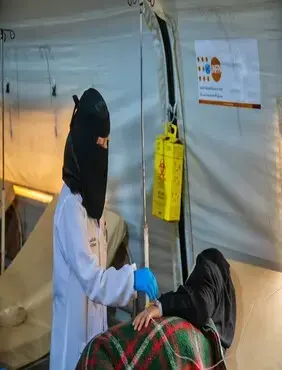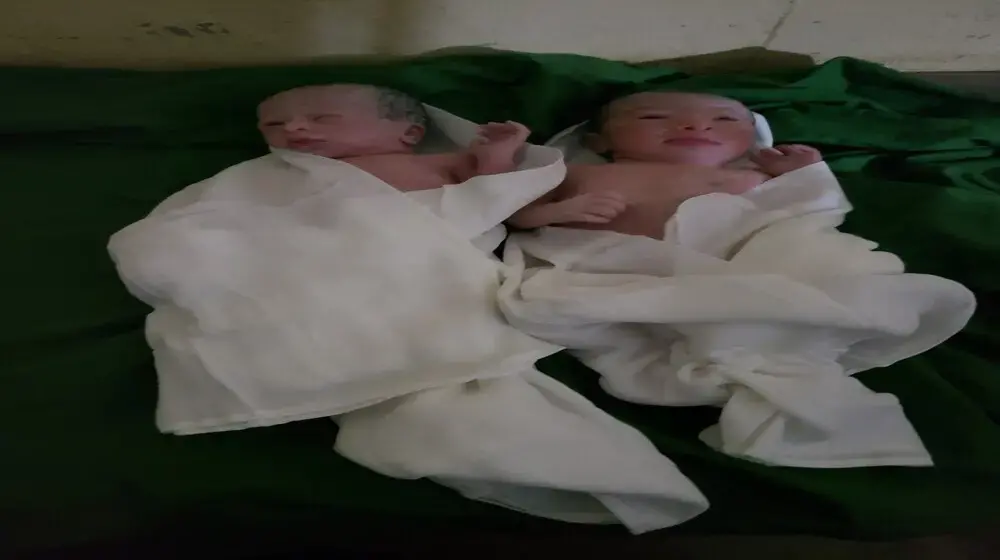The humanitarian situation remains alarming in Yemen with a staggering 23.4 million people — almost three quarters of the population — requiring some form of humanitarian assistance in 2022. A UN-brokered truce, which commenced on 2 April 2022, provided Yemenis with the first sustained reprieve from fighting since the start of the conflict in 2015; with substantial increase in fuel imports through the Hodeidah ports; opening of Sana’a airport to commercial flights; enhanced humanitarian access in some areas, while driving significant reductions in internal displacement and security incidents.
Heavy rains triggered extensive flooding across 18 governorates and 175 districts of Yemen from July to September 2022, affecting some 200,000 people, mainly those internally displaced, living in hosting sites and settlements. The multi-agency Rapid Response Mechanism led by UNFPA was activated in all flood-affected governorates, reaching 164,900 flood-affected persons with emergency relief during this period.
The aid operation in Yemen remains severely underfunded. By the end of September, the 2022 Yemen HRP has secured only US$2.03 billion or 47.5 per cent of the required $4.27 billion to provide life-saving humanitarian assistance and protection services to 17.9 million people, forcing aid agencies to reduce assistance and close programmes
In turn, UNFPA has had to suspend the coverage of operational costs of reproductive health services – including allowances for health workers – in 130 health facilities, leaving 1.5 million women and girls, including 30,000 facing risks of complications during pregnancy and delivery, with no access to these essential services. Without urgent funding, additional reproductive health cuts are expected in October, impacting 20 more health facilities and the provision of services to 800,000 women and girls. To keep reaching the most vulnerable women and girls, UNFPA requires US$100 million in 2022. To date, only 34 percent of this funding appeal has been received.
Despite funding shortages, since January 2022, UNFPA's response has reached more than 2 million individuals with life-saving reproductive health services, protection information and services and emergency relief, with support to 100 health facilities, 35 safe spaces, seven shelters and eight specialized mental health centres.





